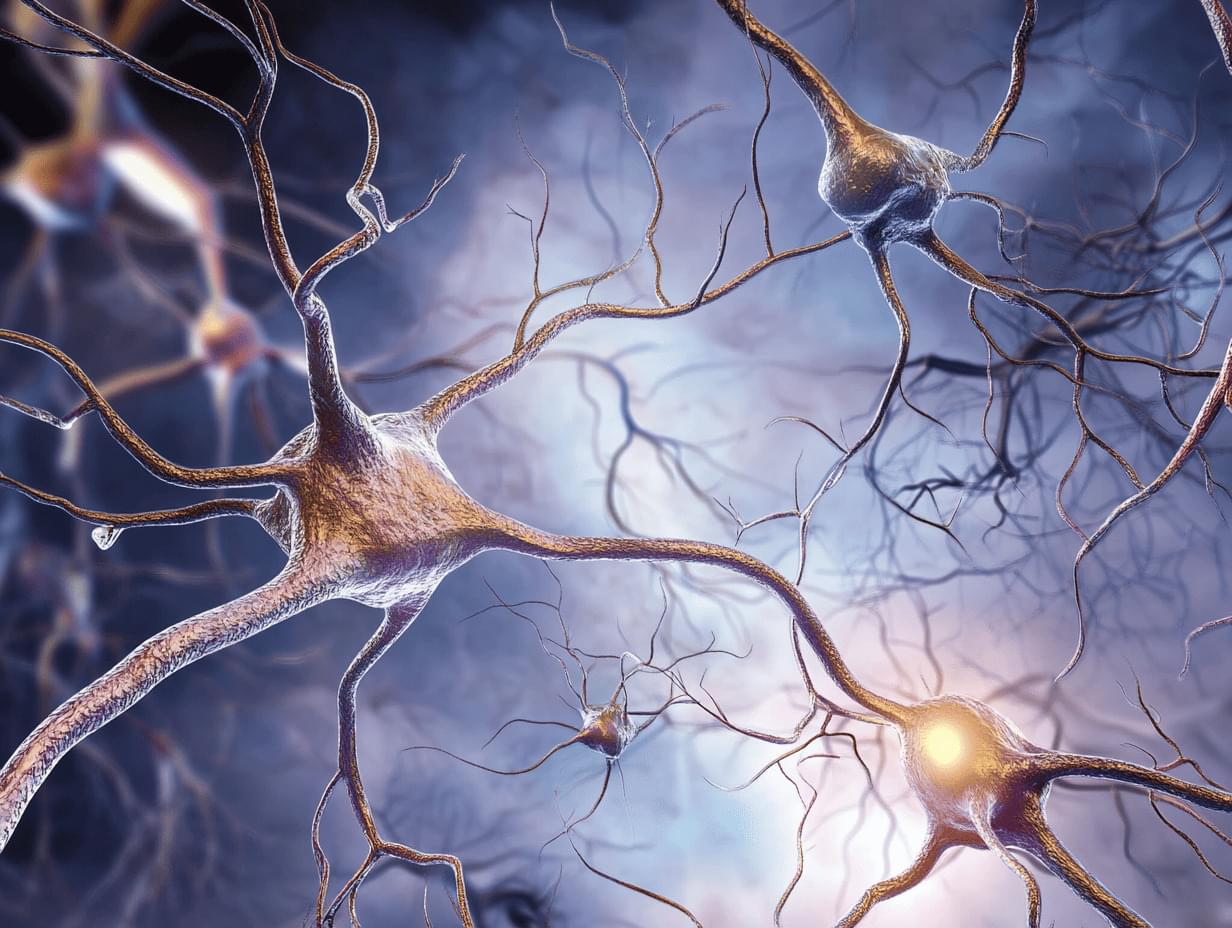Paralyzed patients in China regained mobility within 24 hours of groundbreaking brain-spinal implant surgery.
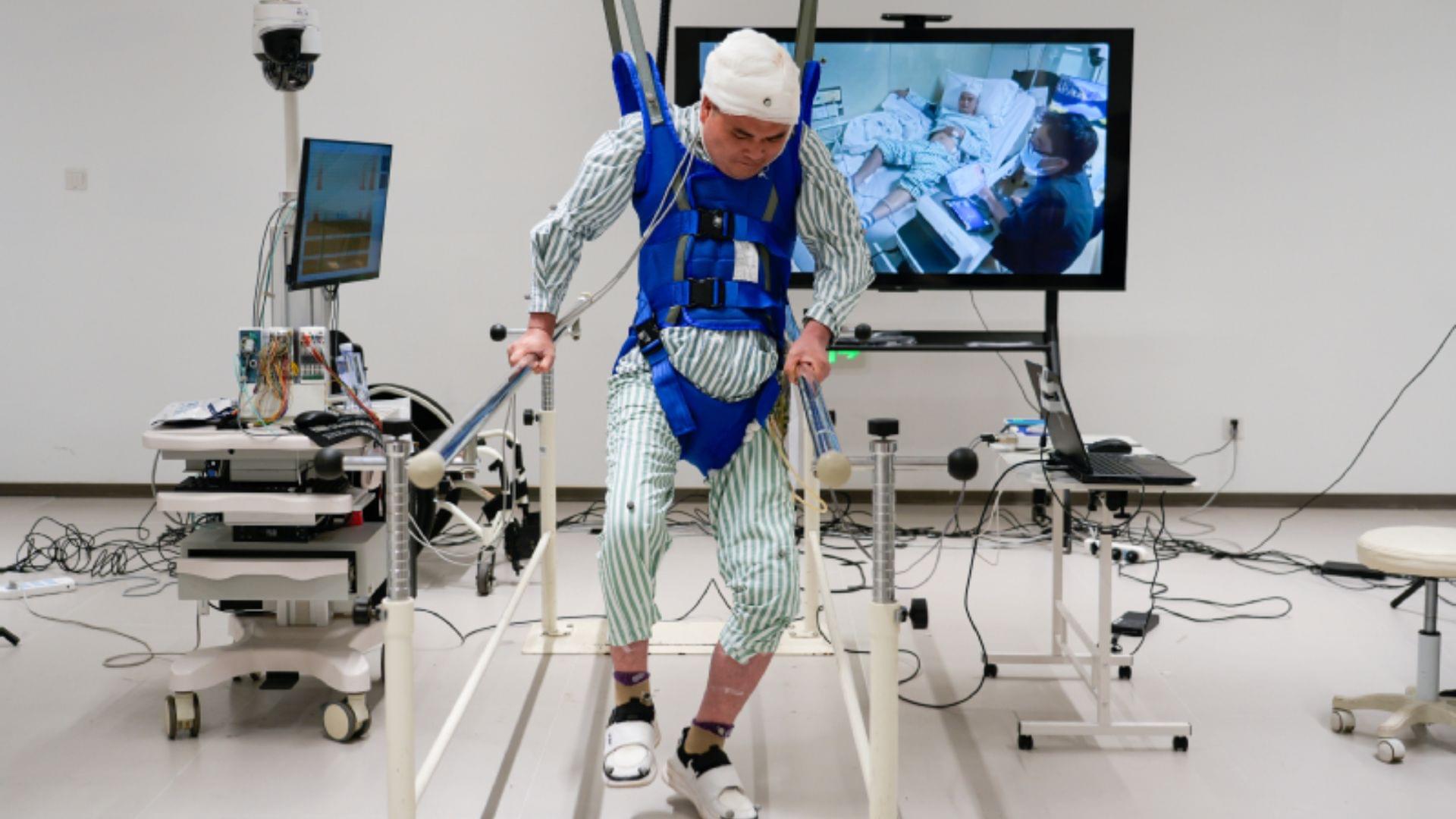

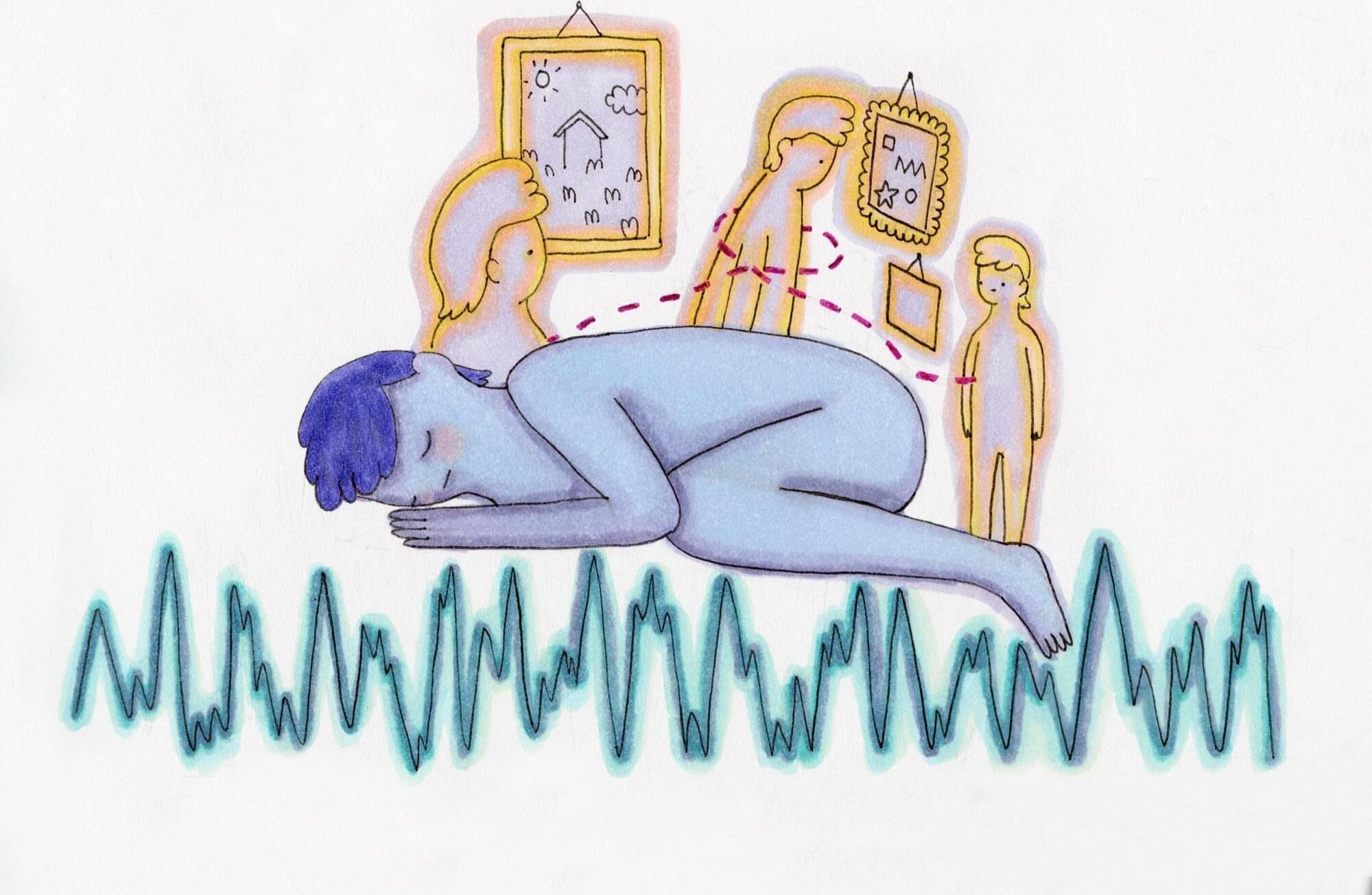
Sleep is known to contribute to the healthy functioning of the brain and the consolidation of memories. Past psychology research specifically highlighted its role in retaining episodic memories, which are memories of specific events or experiences.
Researchers at Rotman Research Institute at Baycrest Academy for Research and Education, University of Toronto and other institutes recently carried out a study to better understand the extent to which sleep transforms how we remember real-world experiences over time and what processes could underpin this transformation. Their findings, published in Nature Human Behaviour, suggest that sleep actively and selectively improves the accuracy with which we remember one-time real-world experiences.
“My lab studies real-life memory such as the memory of events that occur as part of daily experiences,” Brian Levine, senior author of the paper, told Medical Xpress. “We are interested in how these memories are transformed over time and why some elements are remembered while others are forgotten. This is hard to do with naturalistic events in peoples’ lives where we have no control over what happened. So we set up the Baycrest Tour as a controlled but naturalistic event that we could use to test memory.”
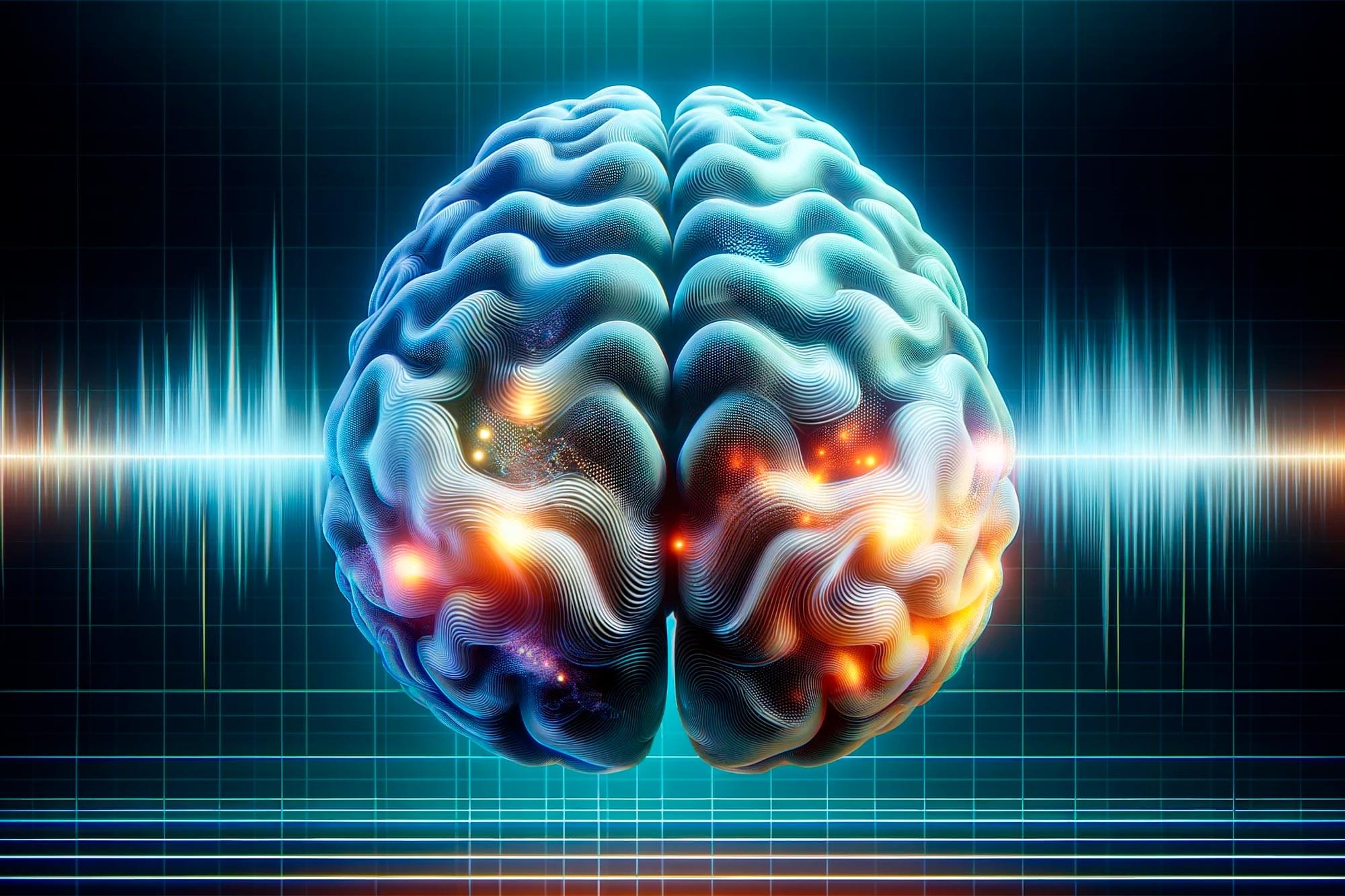
A new imaging technique is helping ultra-powerful MRI scanners detect tiny differences in the brains of patients with treatment-resistant epilepsy. In a groundbreaking study, doctors at Addenbrooke’s Hospital in Cambridge used this approach to identify hidden brain lesions, allowing them to offer patients surgery that could cure their condition.
7T MRI scanners, named for their use of a 7 Tesla magnetic field, which is more than twice as strong as the 3T scanners commonly used, have previously struggled with signal blackspots in key areas of the brain. However, researchers from Cambridge and Paris have developed a technique that overcomes this issue, as detailed in a study published today (March 21) in Epilepsia.
The challenge of treating focal epilepsy.
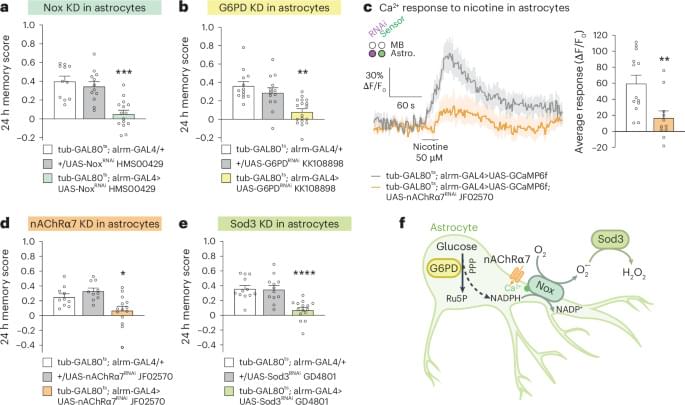
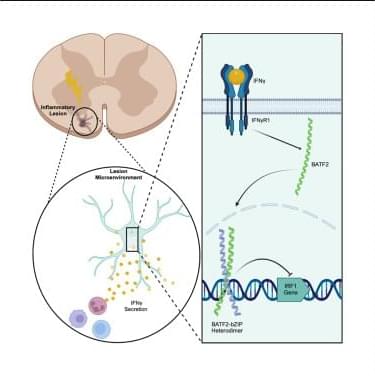
Mechanism of neuroinflammation protection by astrocytes.
How astrocytes controls neuroinflammation is not clearly understood.
The researchers demonstrate that the upregulation of basic leucine zipper ATF-like transcription factor (BATF)2 downstream of IFNg regulates the inflammatory potential of astrocytes during neuroinflammation.
In vivo evidence suggests that BATF2 limits CNS autoimmunity and the expression of IFNg-driven inflammatory mediators.
Mechanistically, BATF2 binds and prevents the overexpression of IFN regulatory factor (IRF)1 and IRF1 targets such as caspase-1. Batf2−/− mice exhibit exacerbated clinical disease severity in a murine model of central nervous system autoimmunity and express increased astrocyte-specific IRF1 and caspase-1, suggesting an amplified IFN response in vivo.
They also demonstrate that BATF2 expressed primarily in astrocytes within multiple sclerosis lesions and that this expression is colocalized with IRF1.
These data suggest that BATF2 contributes to protective mechanisms in astrocytes during chronic neuroinflammation. https://sciencemission.com/BATF2-and-neuroinflammation

Additional experiments revealed that mice given access to an exercise wheel or treated with antidepressants also exhibited increased CB1 receptor levels in astrocytes. Furthermore, analysis of human brain tissue from the Douglas-Bell Canada Brain Bank indicated that individuals with major depression had lower astrocytic CB1 receptor levels compared to those without depression or those who had received antidepressant treatment.
Implications for mental health interventions
These findings raise the possibility of developing treatments that selectively activate CB1 receptors in astrocytes to mitigate anxiety and depression. However, the challenge remains in limiting activation to astrocytes, as prolonged CB1 receptor stimulation in neurons can lead to side effects affecting alertness, anxiety and appetite. Until targeted pharmacological interventions become available, engaging in physical activity may help protect against stress-related mental health conditions by enhancing CB1 receptor expression.
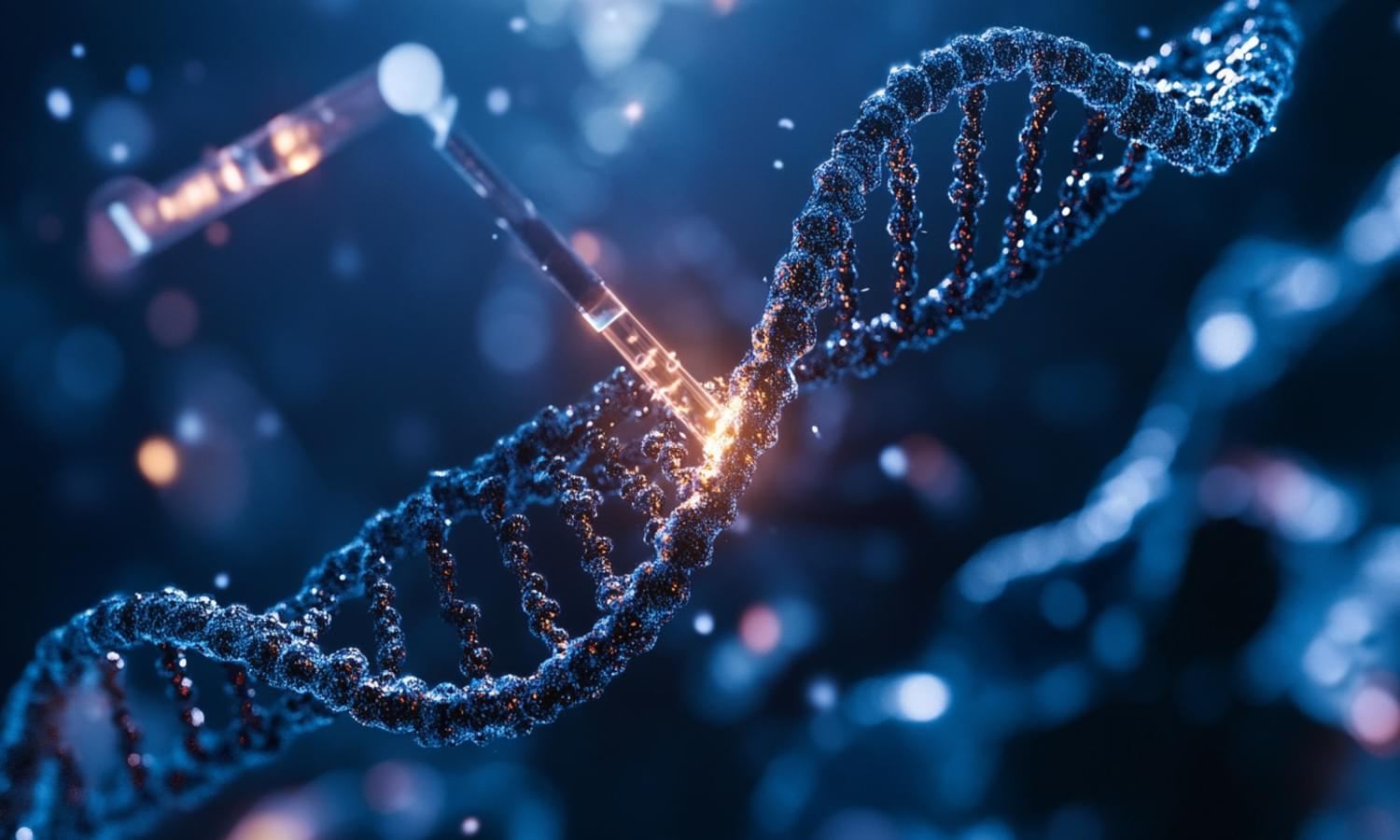
What makes us unique? Different from most, yet similar to a few? What shapes our physical, behavioral, and even mental makeup? The answer lies in our genes.
Passed from parents to their offspring, genes contain the information that specifies physical and biological traits.
But that’s not all. Genes are also responsible for diseases. Faulty genes can cause all kinds of issues that can manifest as birth defects, chronic diseases, or developmental problems.
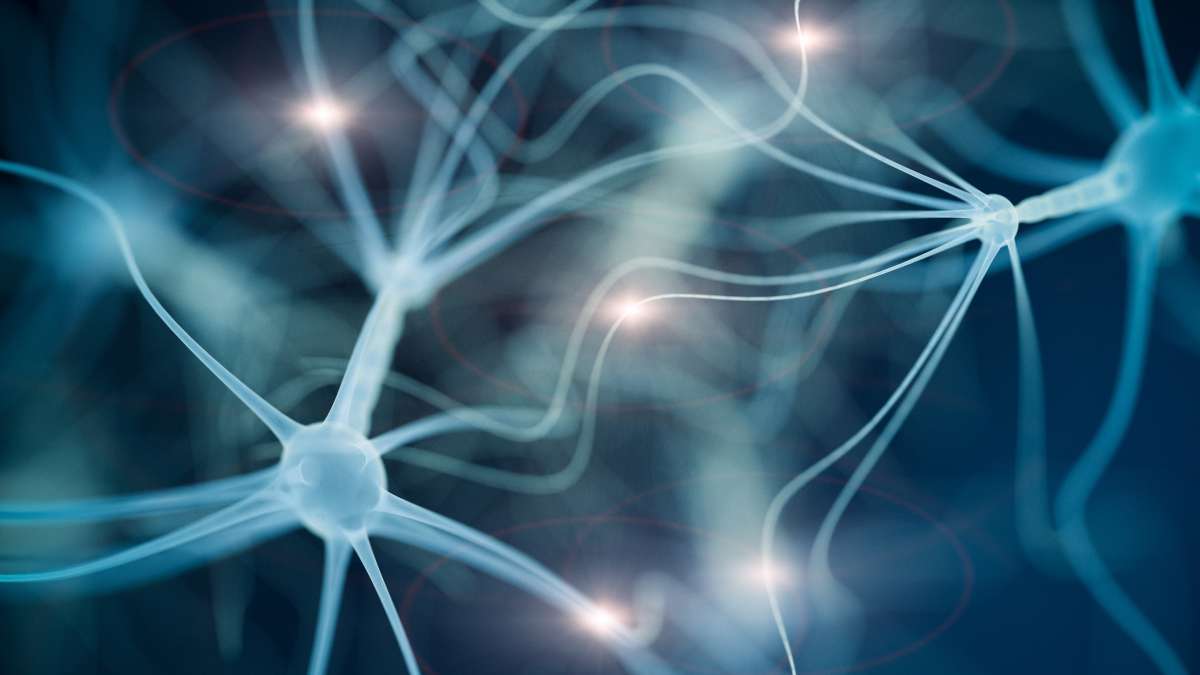
A new study by UCLA Health has discovered what researchers say is the first drug to fully reproduce the effects of physical stroke rehabilitation in model mice, following from human studies.
The findings, published in Nature Communications, tested two candidate drugs derived from their studies on the mechanism of the brain effects of rehabilitation, of which one resulted in significant recovery in movement control after stroke in the mouse model.
Stroke is the leading cause of adult disability because most patients do not fully recover from the effects of stroke. There are no drugs in the field of stroke recovery, requiring stroke patients to undergo physical rehabilitation which has shown to be only modestly effective.
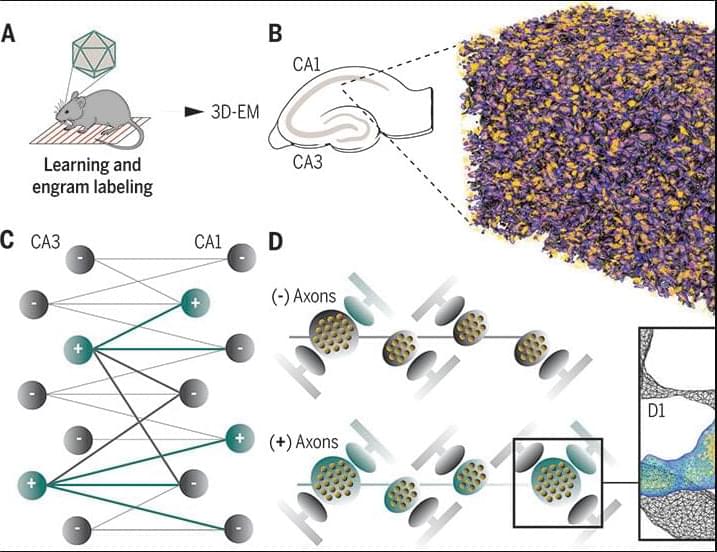
Memory engrams are formed through experience-dependent plasticity of neural circuits, but their detailed architectures remain unresolved. Using three-dimensional electron microscopy, we performed nanoscale reconstructions of the hippocampal CA3-CA1 pathway after chemogenetic labeling of cellular ensembles recruited during associative learning. Neurons with a remote history of activity coinciding with memory acquisition showed no strong preference for wiring with each other. Instead, their connectomes expanded through multisynaptic boutons independently of the coactivation state of postsynaptic partners. The rewiring of ensembles representing an initial engram was accompanied by input-specific, spatially restricted upscaling of individual synapses, as well as remodeling of mitochondria, smooth endoplasmic reticulum, and interactions with astrocytes.
